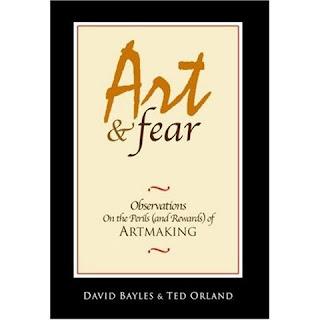Telling ourselves into being
I found this:
We tell ourselves into being, don't we?... I think that is one of the great reasons for stories. I mean, we are the storytelling animal, there is no other creature on earth that tells itself stories in order to understand who it is. This is what we do, we've always done it, whether they are religious stories or personal stories, or tall stories, or lies, or useful stories, we live by telling each other and telling ourselves the stories of ourselves.It's from an interview with Salman Rushdie by Matthew d'Ancona at The Spectator. But I didn't find it there, I found it here, at normblog. Rushdie says precisely what I believe about why we tell (or write) stories ... what possible other reason could there be? This is it.
Thank you Norm, at normblog.





 I'd like to hear what you think does work as well as what you think doesn't work, and if you've got any questions ask me them there, in the
I'd like to hear what you think does work as well as what you think doesn't work, and if you've got any questions ask me them there, in the 






















